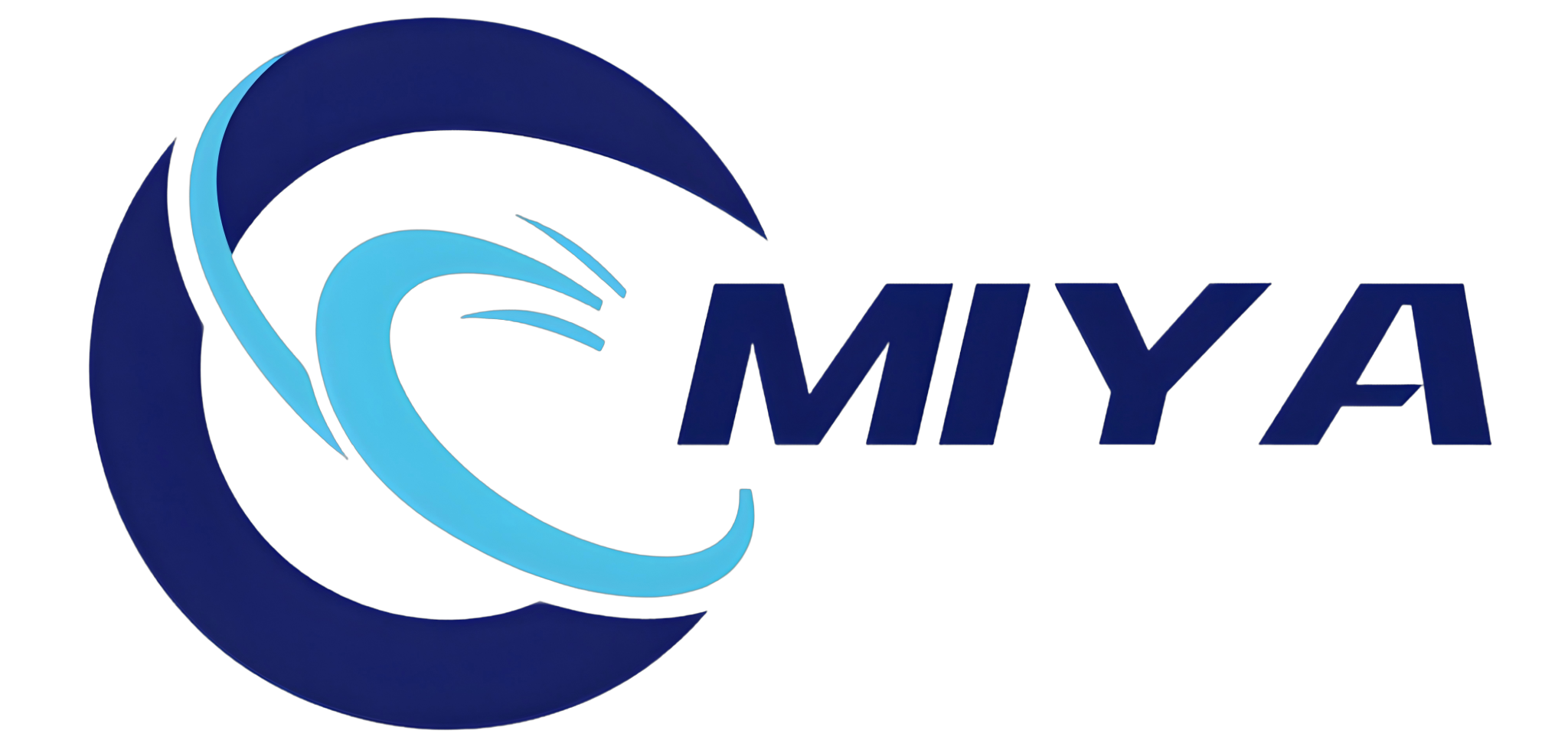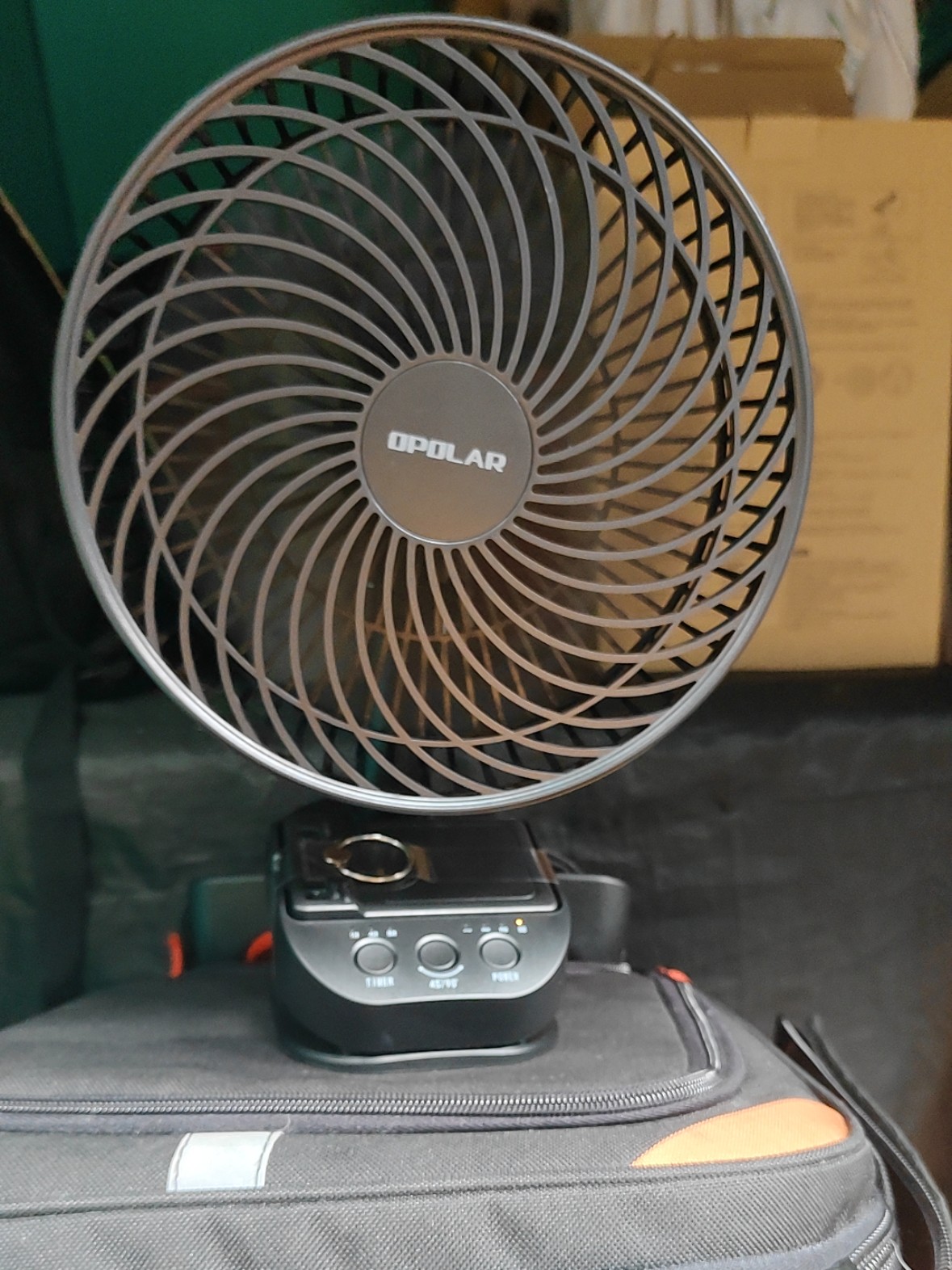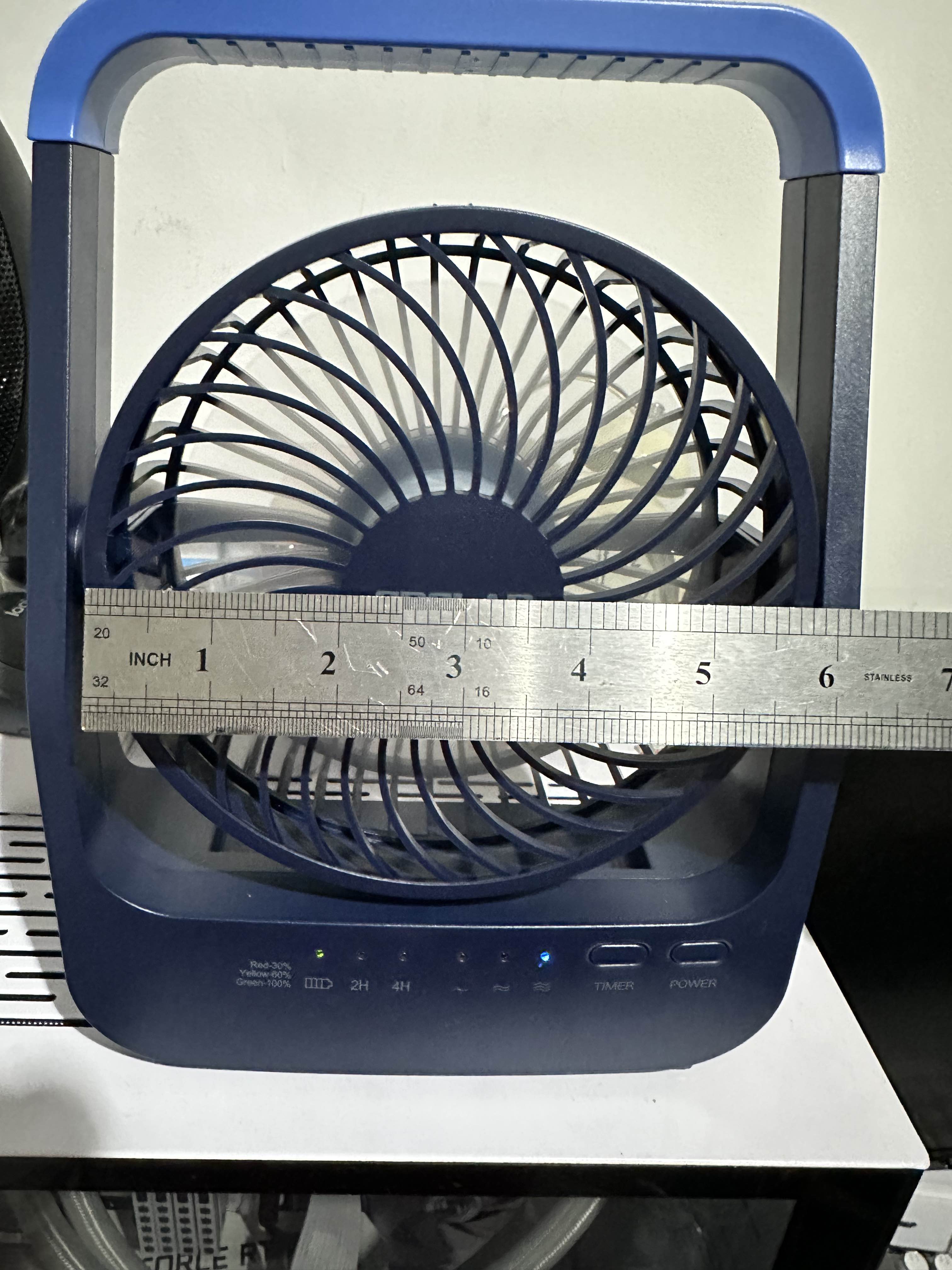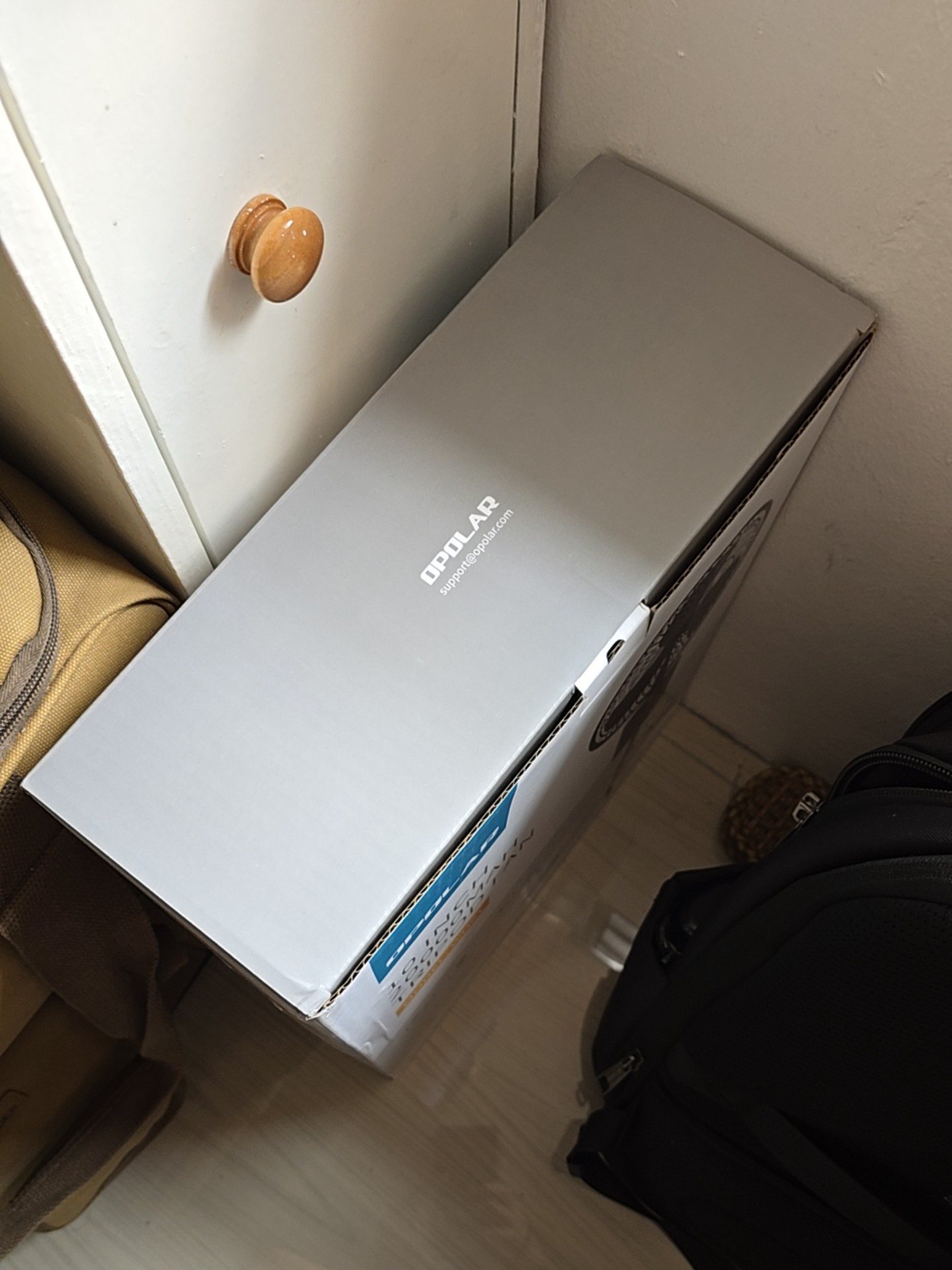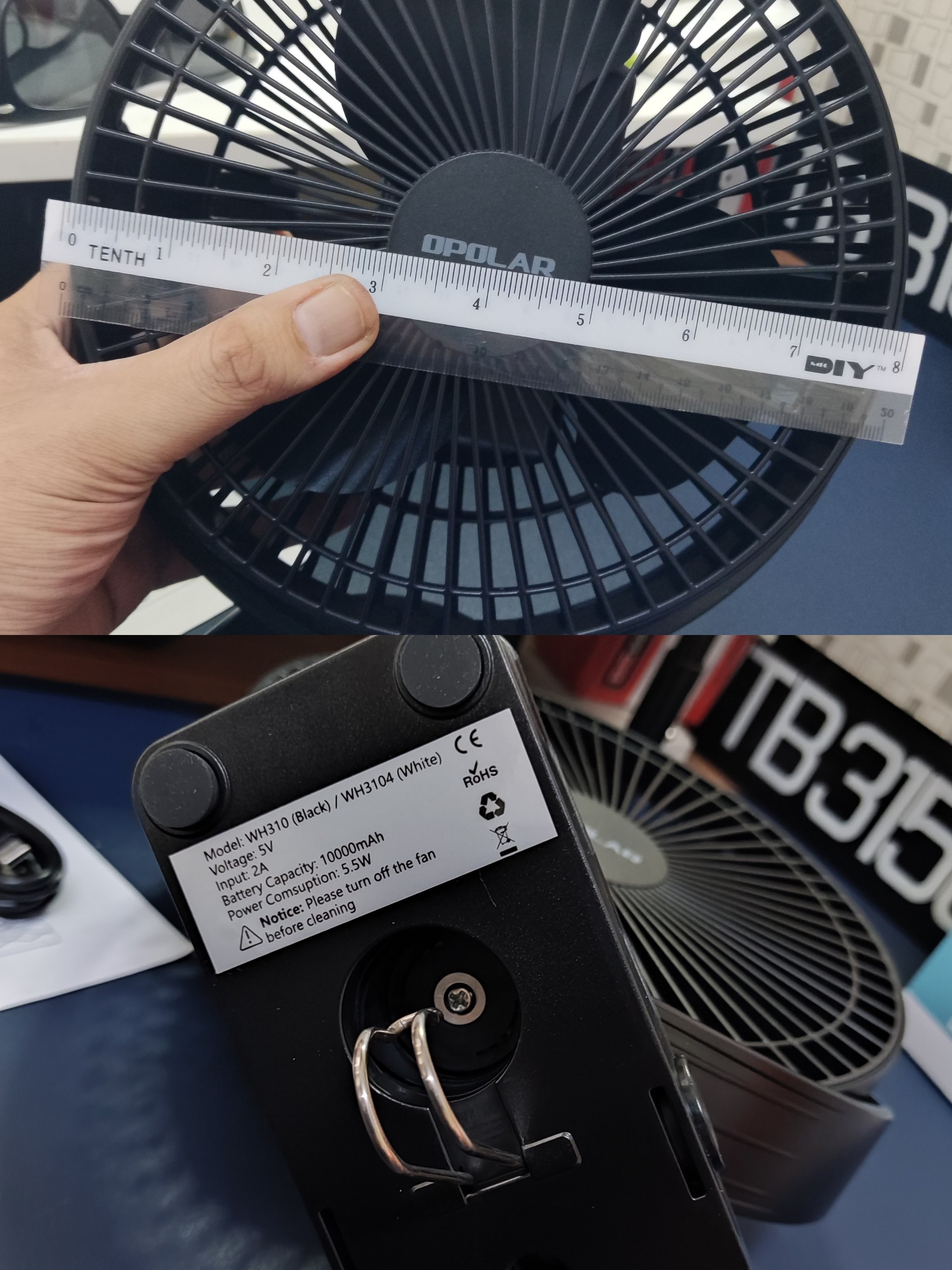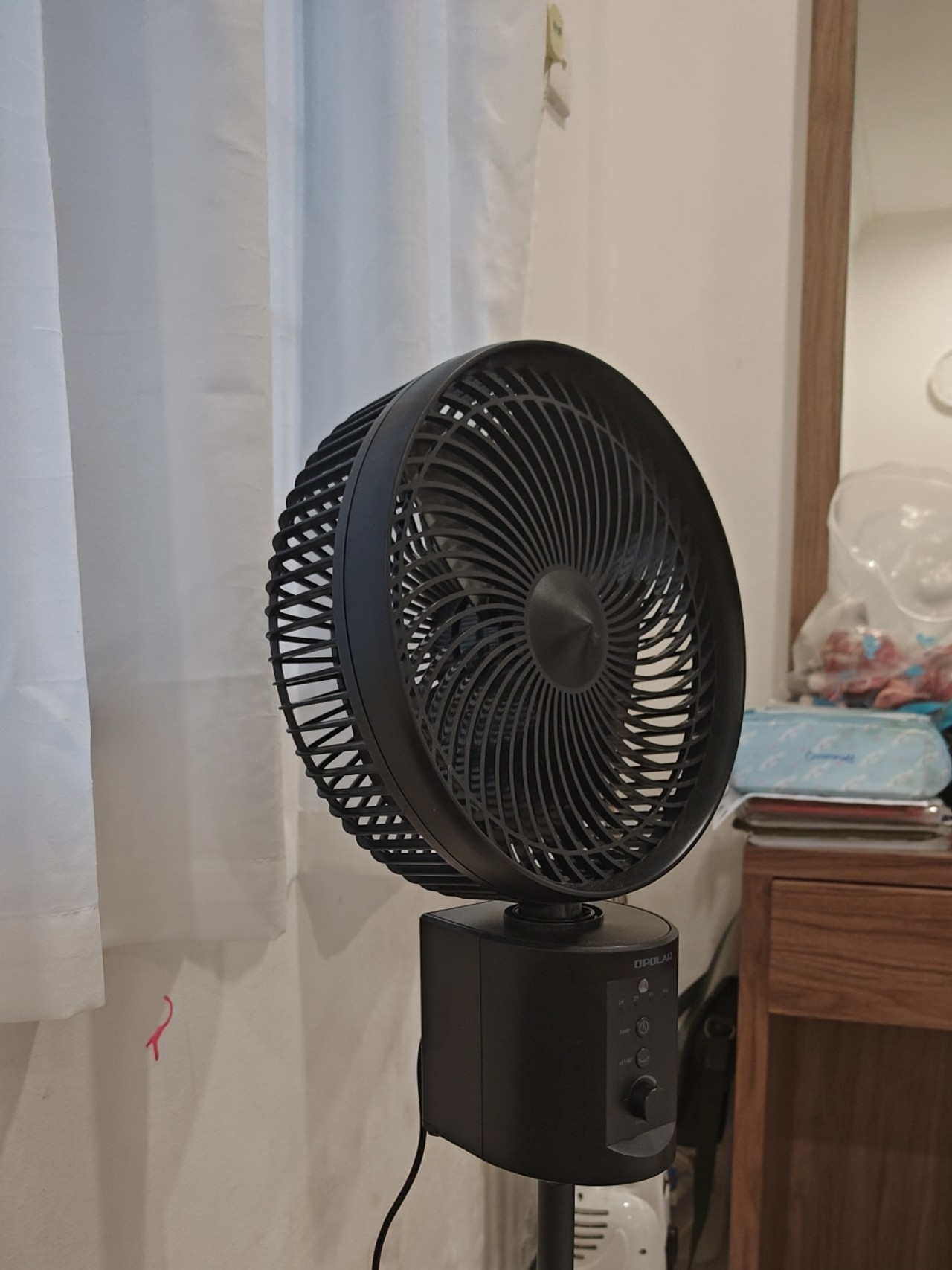In the dynamic landscape of international trade, the Regional Comprehensive Economic Partnership (RCEP) has emerged as a game - changer, particularly for the watch strap industry. Since its implementation, RCEP has significantly influenced the trade flow between China and Japan, opening up new opportunities for Chinese watch strap exporters.
The RCEP and Its Tariff - Free Provisions
The RCEP, which came into force on January 1, 2022, is a free - trade agreement among 15 Asia - Pacific countries, including China and Japan. One of its most impactful features is the gradual elimination of tariffs on a vast majority of goods traded among member states. Under the RCEP framework, Japan has committed to gradually reducing tariffs on Chinese products, with the aim of ultimately eliminating tariffs on 88% of Chinese goods. For the watch strap industry, this has translated into substantial cost savings for exporters.
Before the RCEP, Chinese watch straps faced an average tariff rate of around 8% - 10% when exported to Japan. However, as per the RCEP's tariff - reduction schedule, tariffs on many watch strap products have been significantly reduced, and in some cases, eliminated. This has directly lowered the cost of Chinese watch straps in the Japanese market, making them more competitive compared to products from non - RCEP countries.
Growth in China's Watch Strap Exports to Japan
The impact of the RCEP's zero - tariff policy on China's watch strap exports to Japan has been remarkable. According to recent trade data, in the first half of 2025, the value of China's watch strap exports to Japan reached $[X] million, showing a year - on - year growth of [X]%. This growth rate is much higher than the average growth rate of China's overall watch strap exports in previous years.
For instance, in [a specific region in China known for watch strap production], local watch strap manufacturers have reported a significant increase in orders from Japanese clients. A leading manufacturer in this region stated that since the implementation of the RCEP, their exports to Japan have increased by over 30% in volume. The company attributed this growth to the more favorable price competitiveness brought about by the zero - tariff policy.
The growth in exports is also reflected in the expansion of market share. In Japanese market, Chinese products have seen their market share increase from 15% in 2021 to 40% in 2024 . This upward trend is expected to continue as the RCEP's full benefits are realized over time.
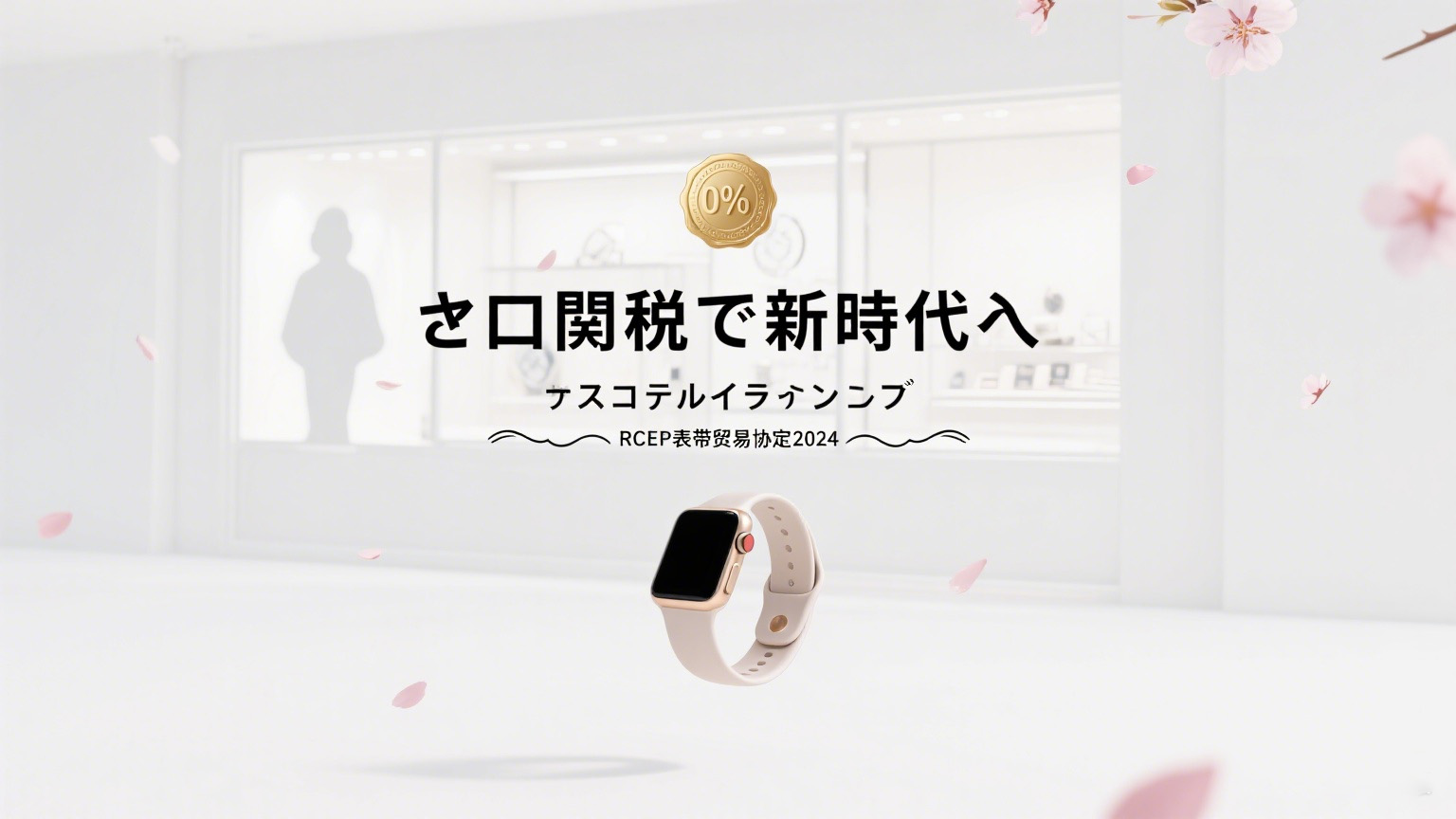
From doubao
Market Trends and Product Diversification
In addition to the tariff - driven growth, the RCEP has also spurred market trends and product diversification in the watch strap industry. With the increased access to the Japanese market, Chinese exporters are now more motivated to invest in research and development to meet the diverse demands of Japanese consumers.
Japanese consumers have a strong preference for high - quality, stylish, and eco - friendly watch straps. In response, Chinese manufacturers are producing a wider range of products, including watch straps made from sustainable materials such as recycled leather and biodegradable plastics. These eco - friendly options not only meet the environmental concerns of Japanese consumers but also align with the global trend towards sustainable consumption.
Furthermore, there is a growing demand for smartwatch straps in Japan, as the popularity of smartwatches continues to rise. Chinese exporters are capitalizing on this trend by developing innovative smartwatch straps with features like integrated health - monitoring sensors and wireless charging capabilities. These advanced products are attracting the attention of Japanese tech - savvy consumers and are contributing to the growth of China's watch strap exports.
Challenges and Opportunities
While the RCEP offers significant opportunities for China's watch strap exports to Japan, there are also challenges that exporters need to address. One of the main challenges is ensuring compliance with Japan's strict product quality and safety standards. To maintain and expand their market share, Chinese manufacturers must invest in quality control systems and product testing to meet these high standards.
Another challenge is the increasing competition from other RCEP member states. As more countries within the RCEP region take advantage of the zero - tariff policy to export watch straps to Japan, Chinese exporters need to continuously improve their product quality, service levels, and brand building to stay ahead.
However, these challenges also present opportunities. By investing in quality improvement and innovation, Chinese watch strap manufacturers can enhance their competitiveness not only in the Japanese market but also in other international markets. The RCEP's rules of origin, which allow for the accumulation of value - added from multiple member states, also provide opportunities for Chinese manufacturers to optimize their supply chains and reduce costs.
In conclusion, the RCEP's zero - tariff policy has been a major boon for China's watch strap exports to Japan. With continued growth in exports, market share expansion, and product diversification, Chinese watch strap exporters are well - positioned to further strengthen their presence in the Japanese market. By addressing the challenges and capitalizing on the opportunities presented by the RCEP, the watch strap industry is set to witness continued success in the China - Japan trade corridor.
